Longest coral reef survey to date reveals major changes in Australia’s Great Barrier Reef
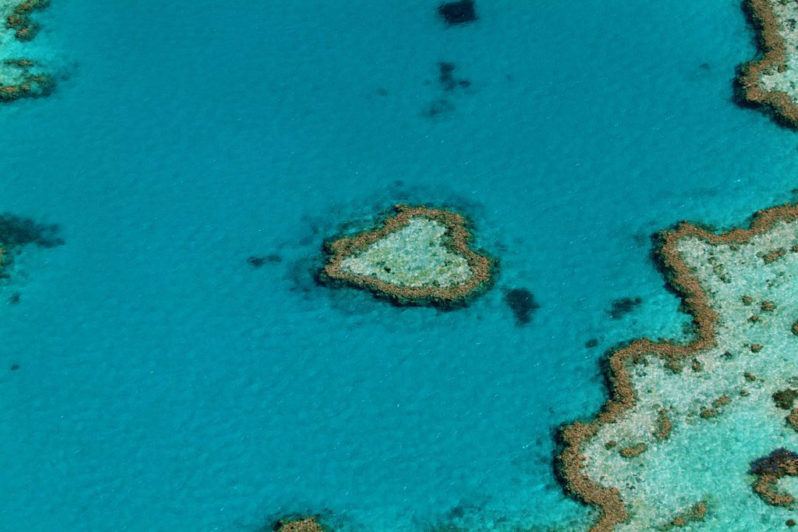
An in-depth look at Australia’s Great Barrier Reef over the past 91 years concludes that since 1928 intertidal communities have experienced major phase-shifts as a result of local and global environmental change, leaving few signs that reefs will return to their initial state in the near future.
Actions to save coral reefs could benefit all ecosystems
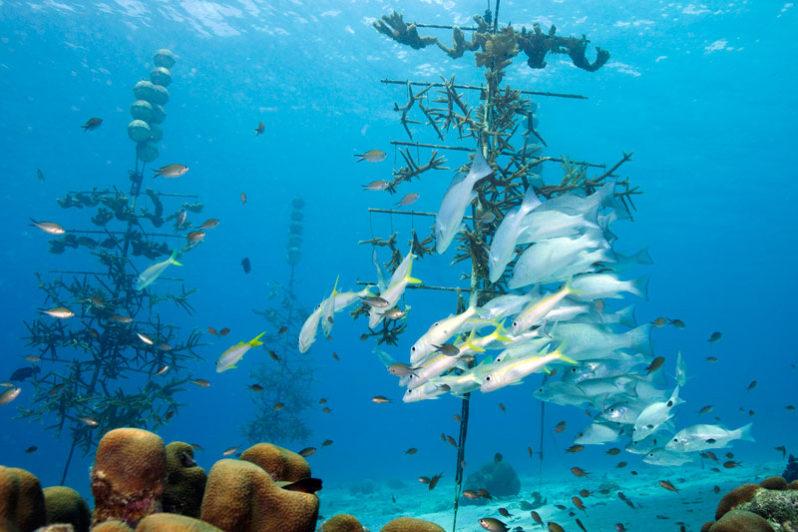
Scientists say bolder actions to protect the world’s coral reefs will benefit all ecosystems, human livelihoods and improve food security.
These little organisms are saving the coastlines from monster storms. Be nice to them
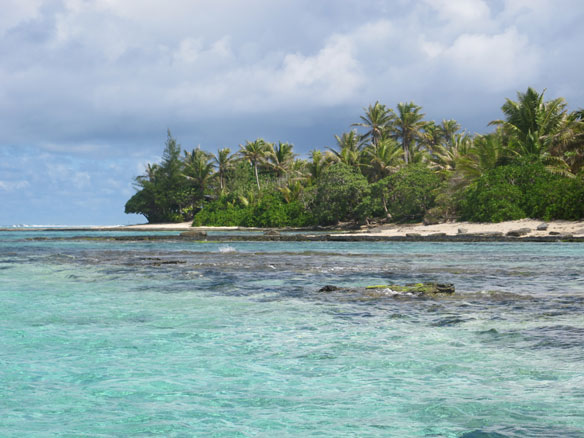
The catastrophe in the Bahamas shows more clearly than ever that coastal communities around the world are in dire peril from supercharged storms like Hurricane Dorian. They need to preserve and restore their first line of defense, wetlands and coral reefs. They need to build what scientists like me call coastal resilience.
Great Barrier Reef health outlook downgraded to “very poor” due to ocean warming
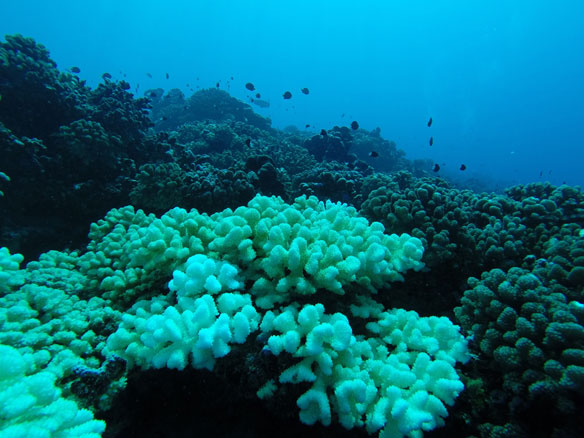
The government agency that manages Australia’s Great Barrier Reef has downgraded its outlook for the corals’ condition from “poor” to “very poor” due to warming oceans.
How to restore a coral reef

New guidelines drafted by a consortium of concerned experts could enable corals to adapt to changing environments and help restore declining populations in the Caribbean. The guidelines provide a definitive plan for collecting, raising, and replanting corals that maximizes their potential for adaptation.
Thirty years of unique data reveal what’s really killing coral reefs
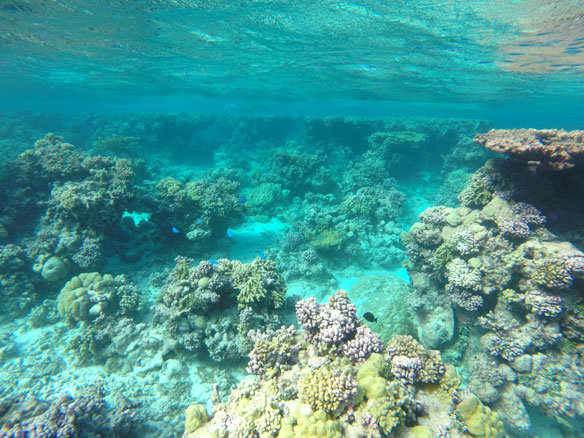
Coral bleaching is not just due to a warming planet, but also a planet that is simultaneously being enriched with reactive nitrogen from sources like improperly treated sewage, and fertilizers.
As Ocean Temperatures Rise, Corals Are Steadily Moving Poleward
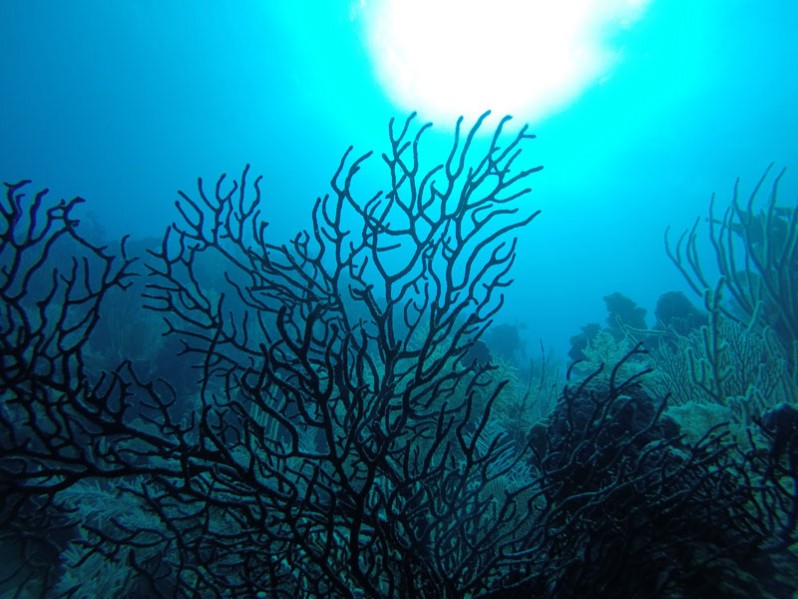
Rising ocean temperatures are increasingly causing coral reefs to shift away from the equator into more temperate waters. Over the past 40 years, the number of young corals has declined by 85 percent on tropical reefs, while at the same time doubling in cooler regions, according to a recent study.
Global warming disrupts recovery of coral reefs
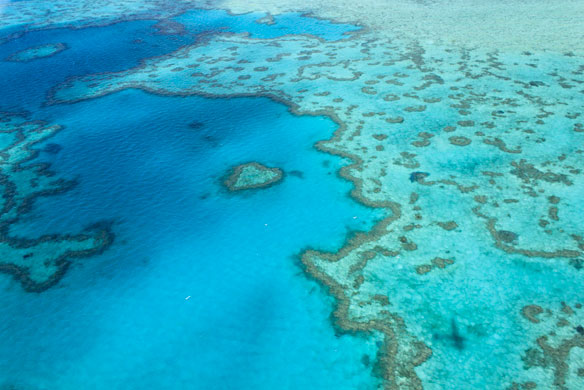
The damage caused to the Great Barrier Reef by global warming has compromised the capacity of its corals to recover, according to new research.
Coral study traces excess nitrogen to Maui wastewater treatment facility

A new method for reconstructing changes in nitrogen sources over time has enabled scientists to connect excess nutrients in the coastal waters of West Maui, Hawaii, to a sewage treatment facility that injects treated wastewater into the ground.
